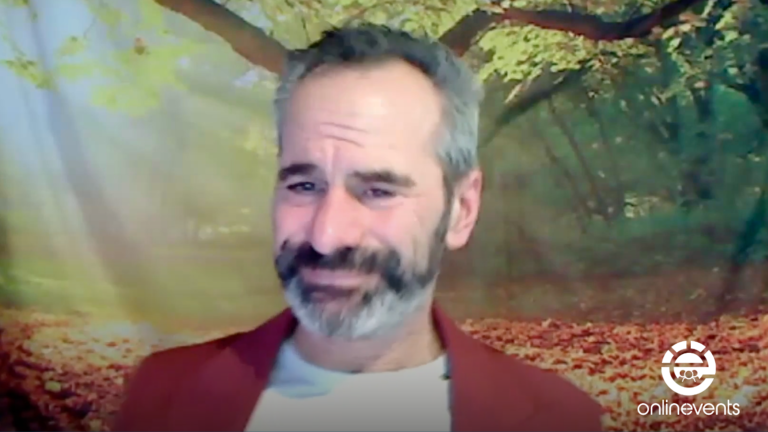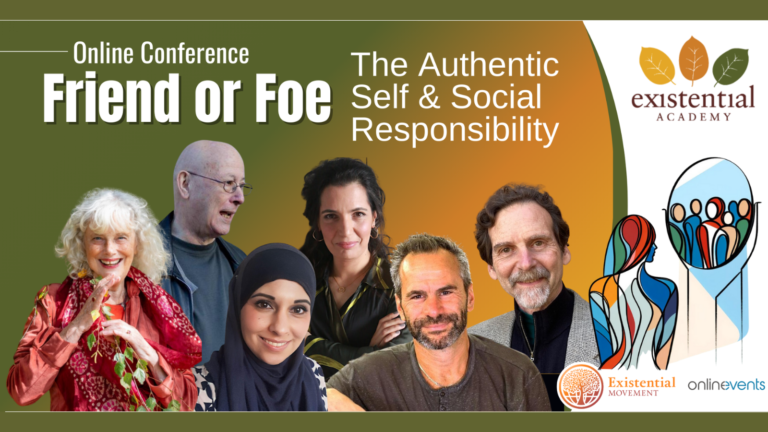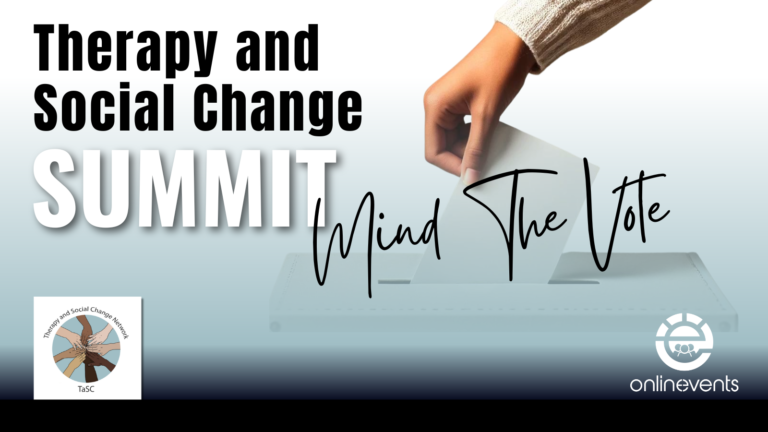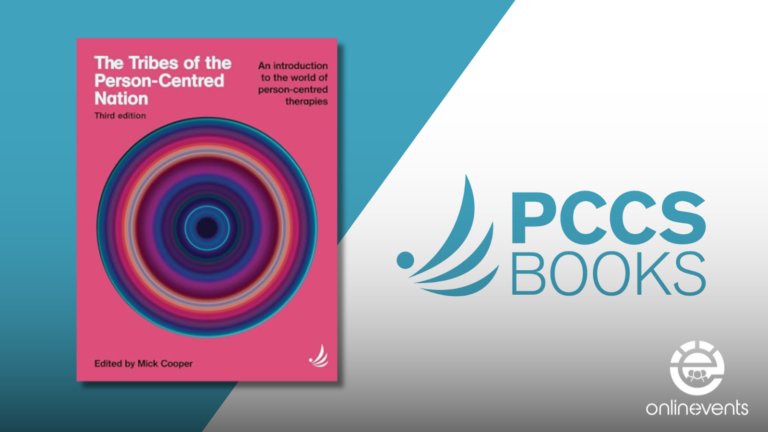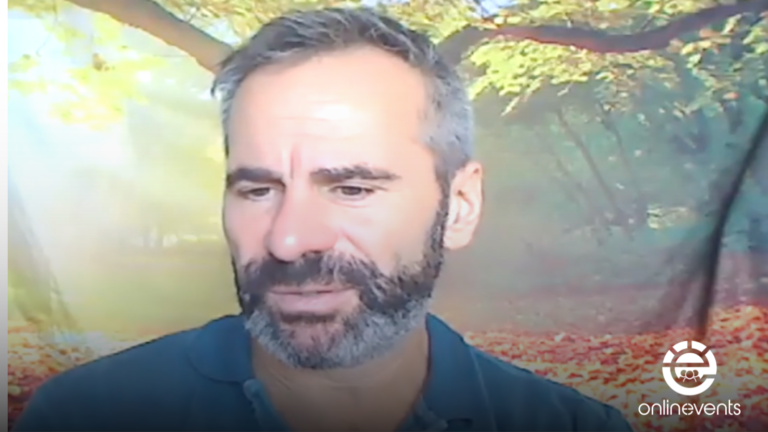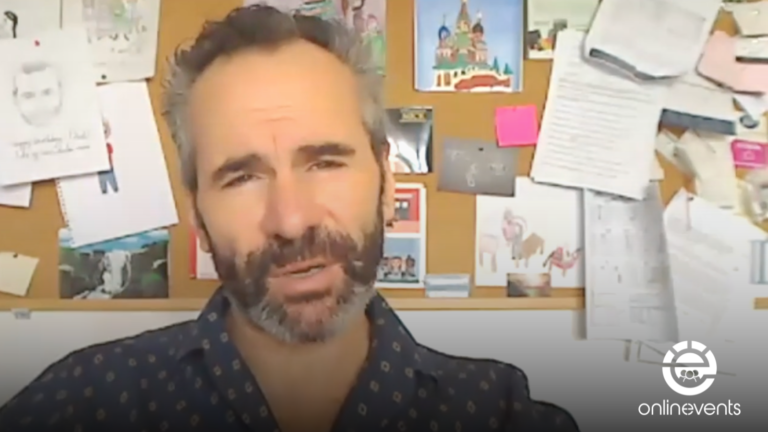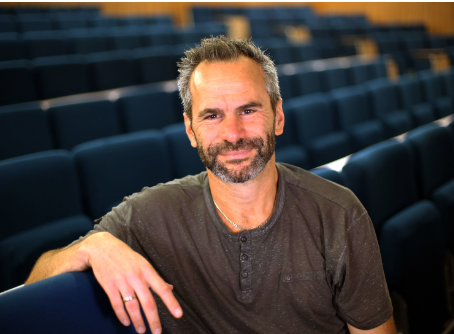About
Mick Cooper
Mick Cooper is an internationally recognised author, trainer, and consultant in the field of humanistic, existential, and pluralistic therapies. He is a Chartered Psychologist, and Professor of Counselling Psychology at the University of Roehampton.
Mick has facilitated workshops and lectures around the world, including New Zealand, Lithuania, and Florida.
Mick’s books include Existential Therapies (Sage, 2017), Working at Relational Depth in Counselling and Psychotherapy (Sage, 2018), The Handbook of Person-Centred Psychotherapy and Counselling (Palgrave, 2013), and Integrating Counselling and Psychotherapy: Directionality, Synergy, and Social Change (Sage, 2019).
His latest work is Psychology at the Heart of Social Change: Developing a Progressive Vision of Society (Policy Press, 2023)
Mick Cooper is also the editor of The Tribes of the Person-Centred Nation (PCCS, 2024) and co-editor of The Handbook of Person-Centred Psychotherapy and Counselling (3rd ed, 2024).
Mick’s principal areas of research have been in shared decision-making/personalising therapy, and counselling for young people in schools.
In 2014, Mick received the Carmi Harari Mid-Career Award from Division 32 of the American Psychological Association. He is a Fellow of the British Association for Counselling and Psychotherapy and the Academy of Social Sciences.
His latest work is Psychology at the Heart of Social Change: Developing a Progressive Vision of Society (Policy Press, 2023)
The book looks at the interface between therapy and social justice. The blurb for the book reads: ‘Over the past century, psychotherapy – and its parent discipline, psychology – has built up a vibrant, nuanced and highly practical understanding of human wellbeing and distress. This book describes a progressive political approach that integrates insights from the psychotherapeutic and psychological domain, moving us from a politics of blame to a politics of understanding. In this vision of society – surrounded by a culture of radical acceptance – all individuals can live rich and fulfilling lives. We need those shaping our political landscape to understand psychological needs and processes more deeply to enhance our ability to work with others in a spirit of collaboration, dialogue and respect.’


